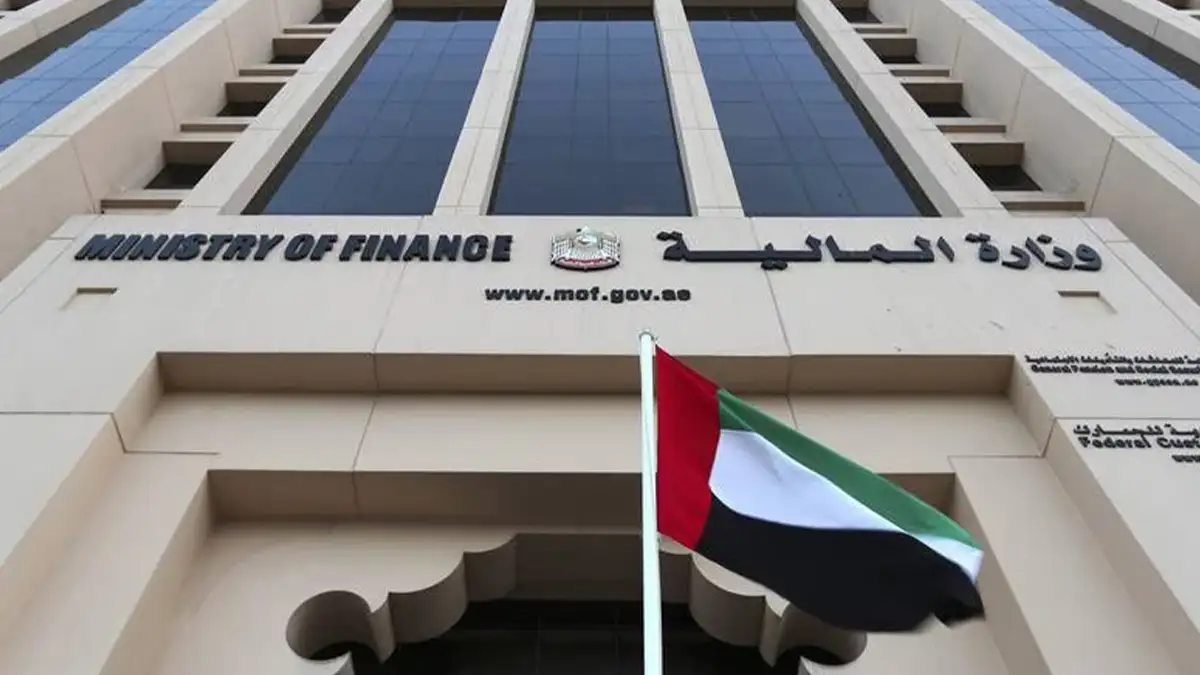Businesses across the UAE are preparing for the introduction of the federal corporate tax, which takes effect from June 1.
It will be the most significant tax after the UAE introduced the 5 per cent value added tax in 2018 on a majority of goods and services as part of its plans to diversify the economy and reduce its dependence on hydrocarbons.
The new corporate tax will be enacted at a standard statutory rate of 9 per cent for companies whose financial year begins on or after June 1.
The Ministry of Finance brought the income of companies exceeding Dh375,000 ($102,000) within the taxable bracket.
Taxable profits below that threshold will be subject to a 0 per cent rate.
The National takes a closer look at how businesses in the UAE have prepared for the coming tax.
The Ministry of Finance has been issuing several decisions related to the tax in recent weeks to provide more clarity.
Last week, it issued three new ministerial decisions that explained exemptions and the preparation of financial statements before the introduction of corporate tax.
“We have strengthened the due diligence process in our accounting system to weed out any anomalies,” said Rizwan Sajan, founder and chairman of Danube Group, a building materials company.
“We are conducting impact analysis for the group and adopting necessary changes, making sure that we are ready for the smooth implementation of corporate tax.”
The Federal Tax Authority, responsible for the administration, collection and enforcement of the tax, opened up the EmaraTax digital tax services platform for public joint stock companies and private companies to register from May 15.
“Early corporate tax registration will allow ample time for companies and businesses to comply with their legal obligations,” the FTA said.








